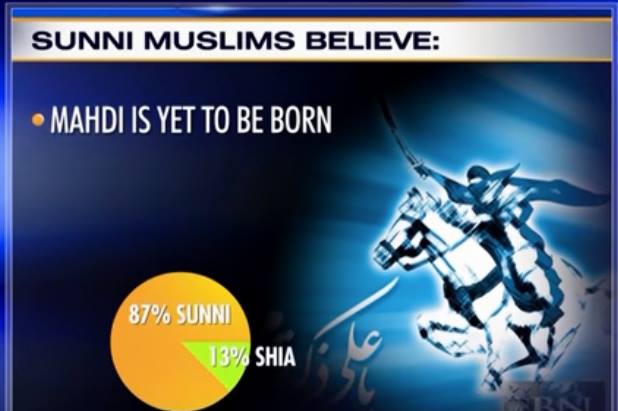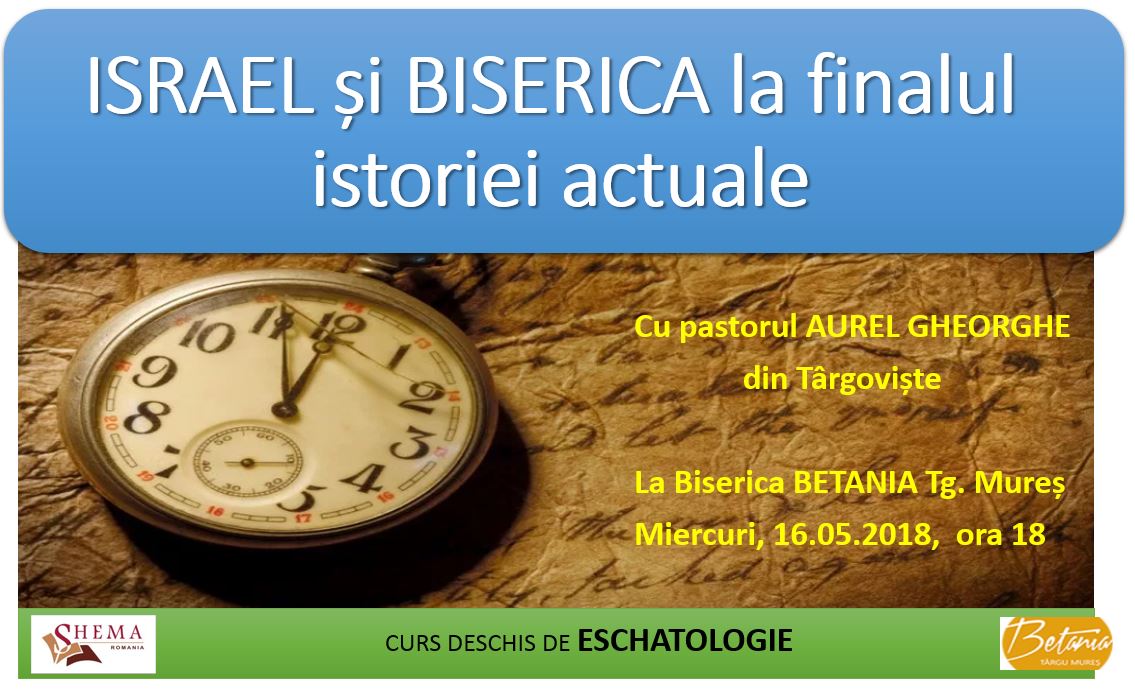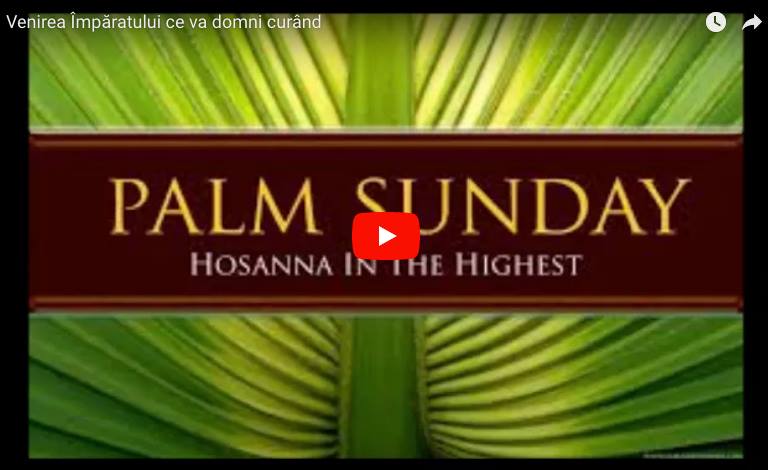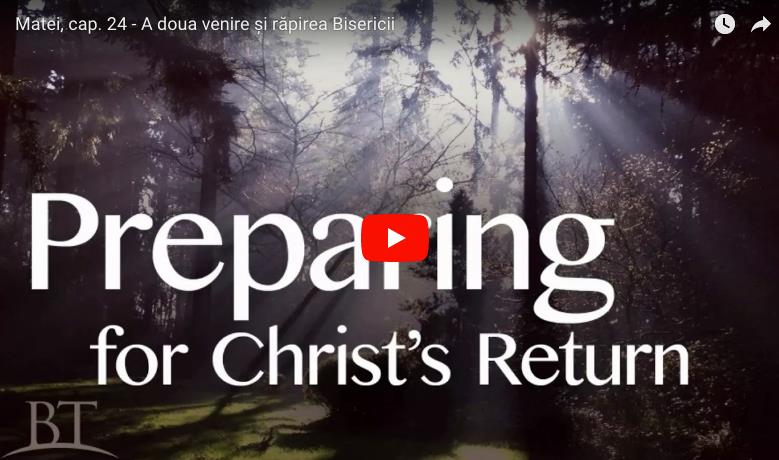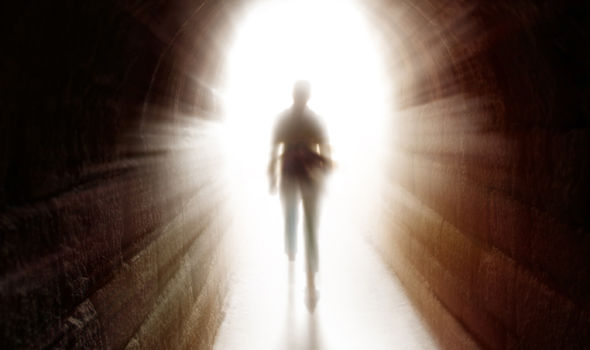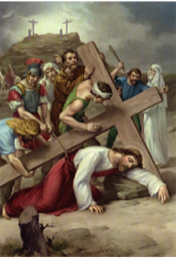 Interviewer- While we’re talking about evil, why does God allow evil on the earth?
Interviewer- While we’re talking about evil, why does God allow evil on the earth?
Adrian Rogers-
Do you know? That’s a great question and I’ve seen today that more people are perplexed with that question (the problem of evil) than the problem of science. When I started the ministry, people were talking about evolution and whether or not man was created, and they’re not that interested in that question today. They say if there is a God, how can he allow, for example, what happened in New York, on Sept. the 11th? How could God allow the atrocities of war and the devastation we have in the world today?
What about the problem of evil? And people have a little syllogism (conclusion or logical appeal). Before God there was nothing, God created everything, evil is something, so God created evil, so God must be evil. That’s faulty syllogism.
When God made the devil, the Bible says,…and by the way- God created the devil. The devil is not self existent as God is. Only One is self existent. That is God. When God created Satan, he created him in perfection. God did not create evil, God created a perfect being. In Ezekiel chapter 28, God said of Satan, „You were perfect in beauty and the day that you were created, you were perfect.” He’s created, created in perfection.
God did not create evil. He created a perfect being, but now listen. He gave that perfect being, perfect freedom. Now, why did God give the angels freedom and why does God give us freedom?
 Photo(C) by http://www.martin-liebermann.de”
Photo(C) by http://www.martin-liebermann.de”
Because God wants worship and God wants love. If God made me, where I were not free, why couldn’t I choose to do evil? Then, correspondently, I couldn’t choose to do good. If I can not choose not to love God, I can’t choose to love God. If I can’t choose to be loyal to God, I cannot choose to be disloyal. I would only choose to be an inanimate object, a robot or whatever. So, God created a being, perfect in wisdom and perfect in beauty and that being chose to sin. Now, what is the highest good? The highest good, the greatest commandment is to love God. That is the greatest commandment. This is the first and great commandment. Therefore, that is the highest good- to love God. Well, in order to love God, I have to have a choice. And, so, God gave us a choice that we might attain the highest good. And, Satan had that choice and he blew it, he ruined it through pride.















